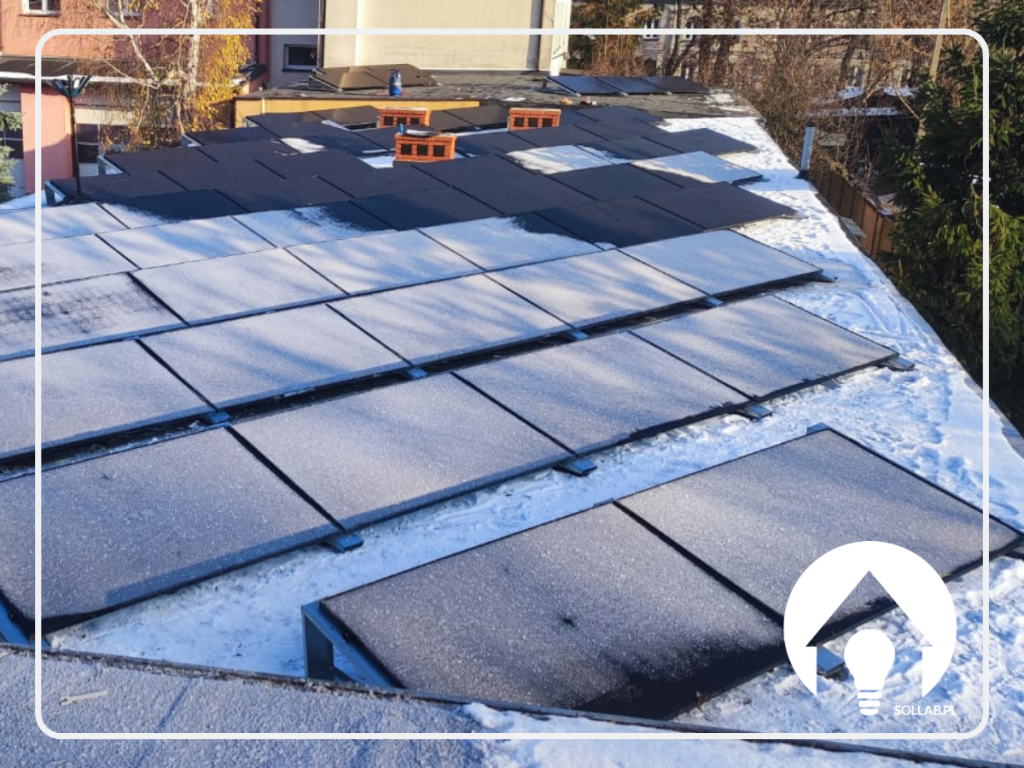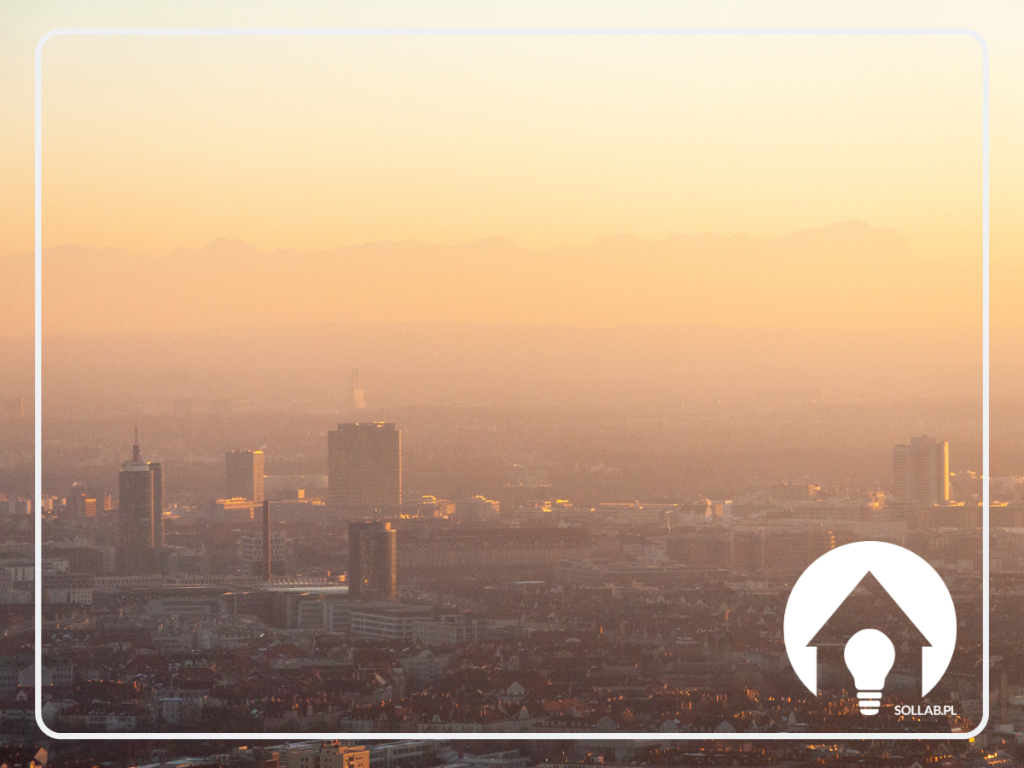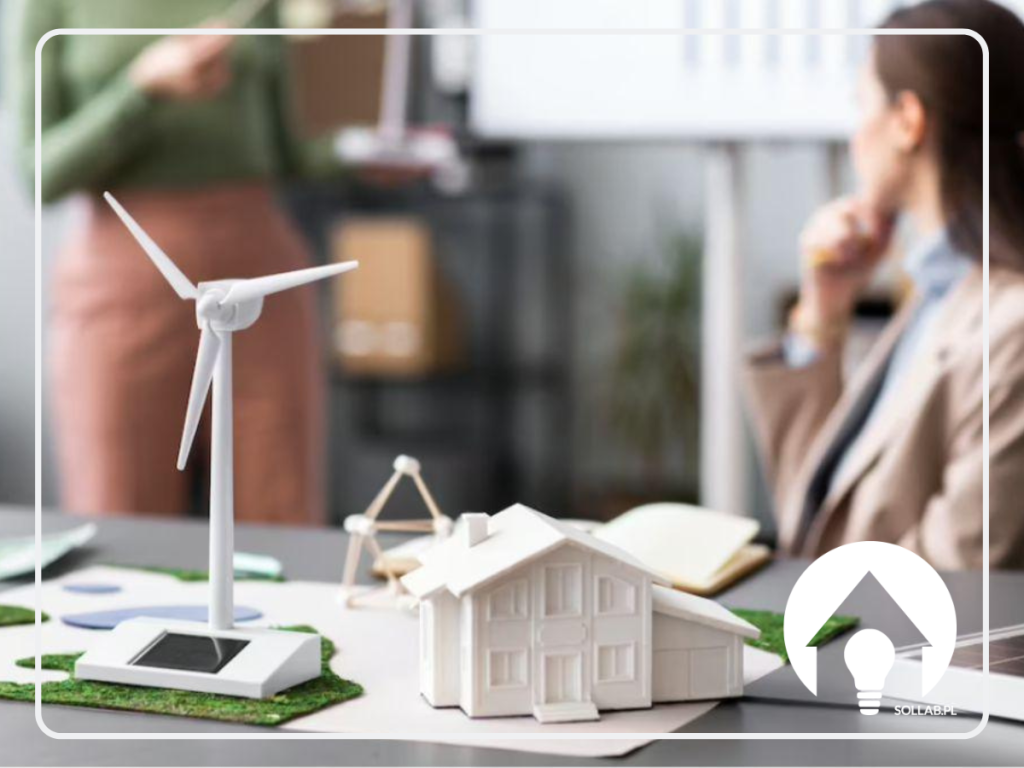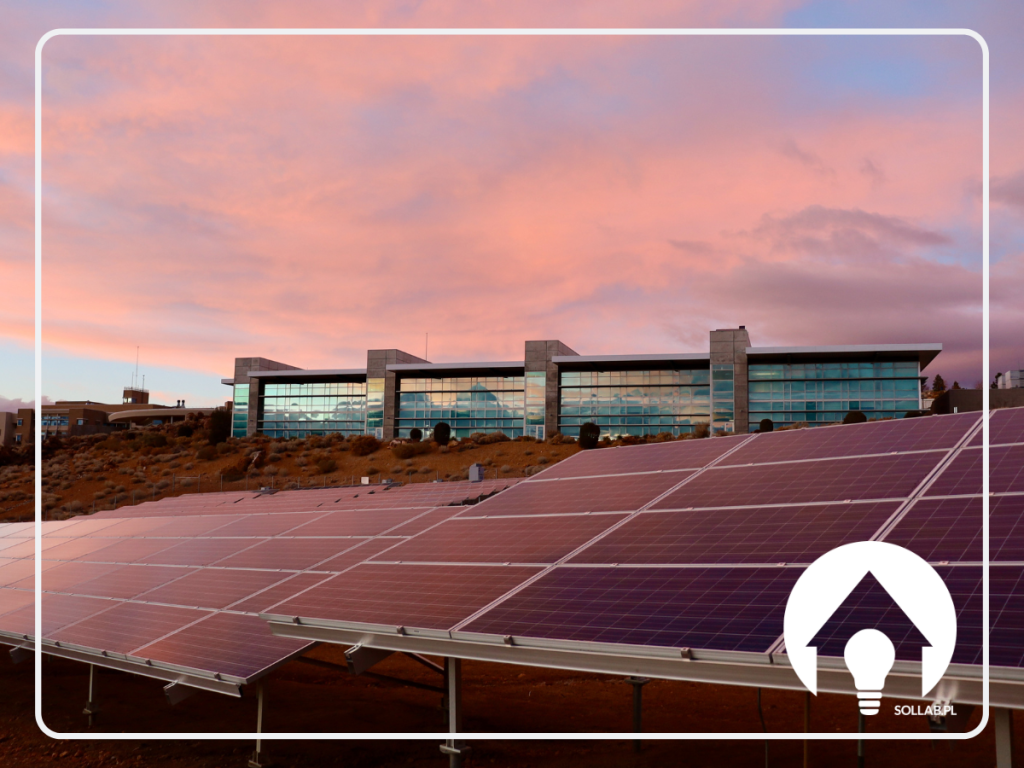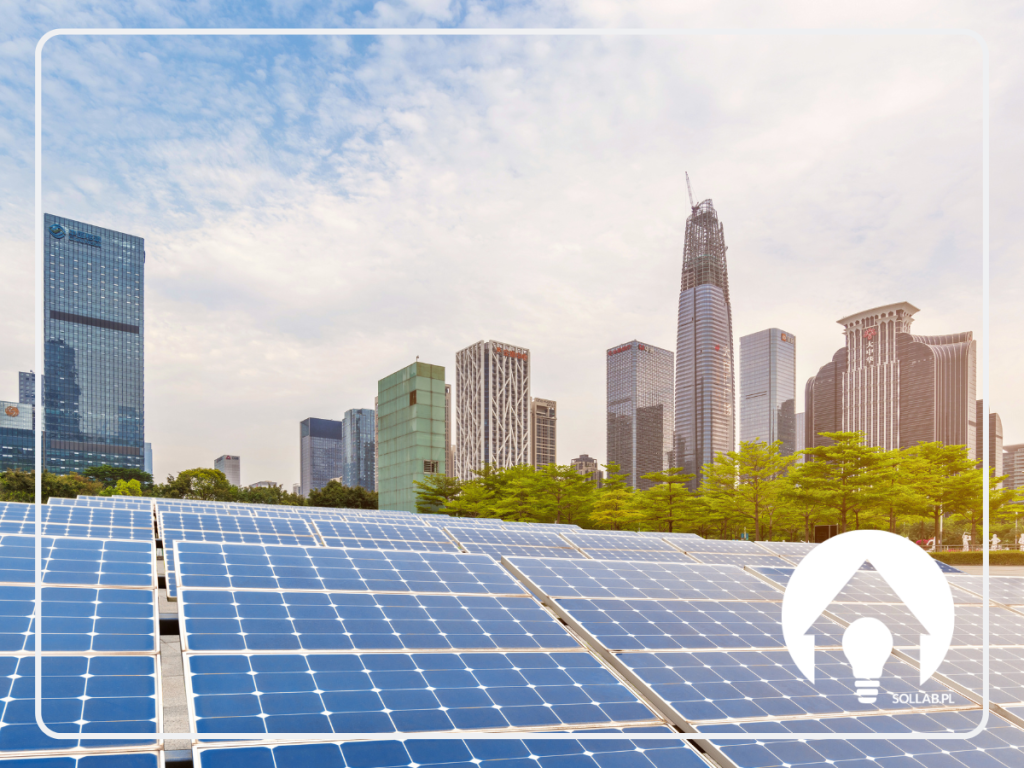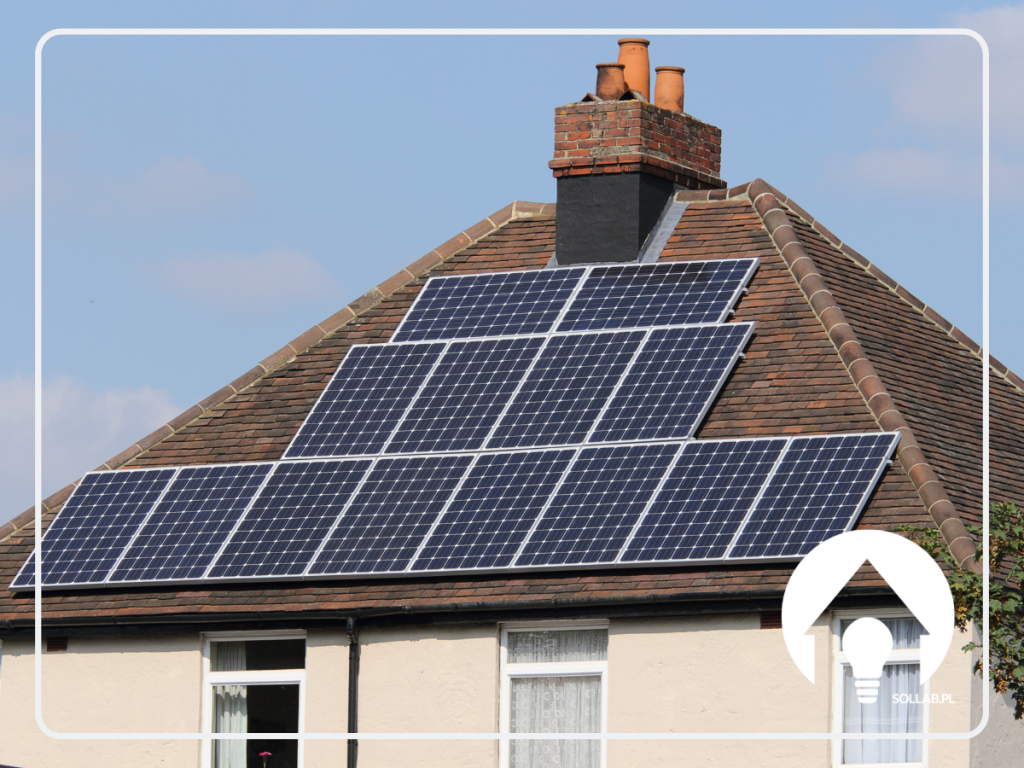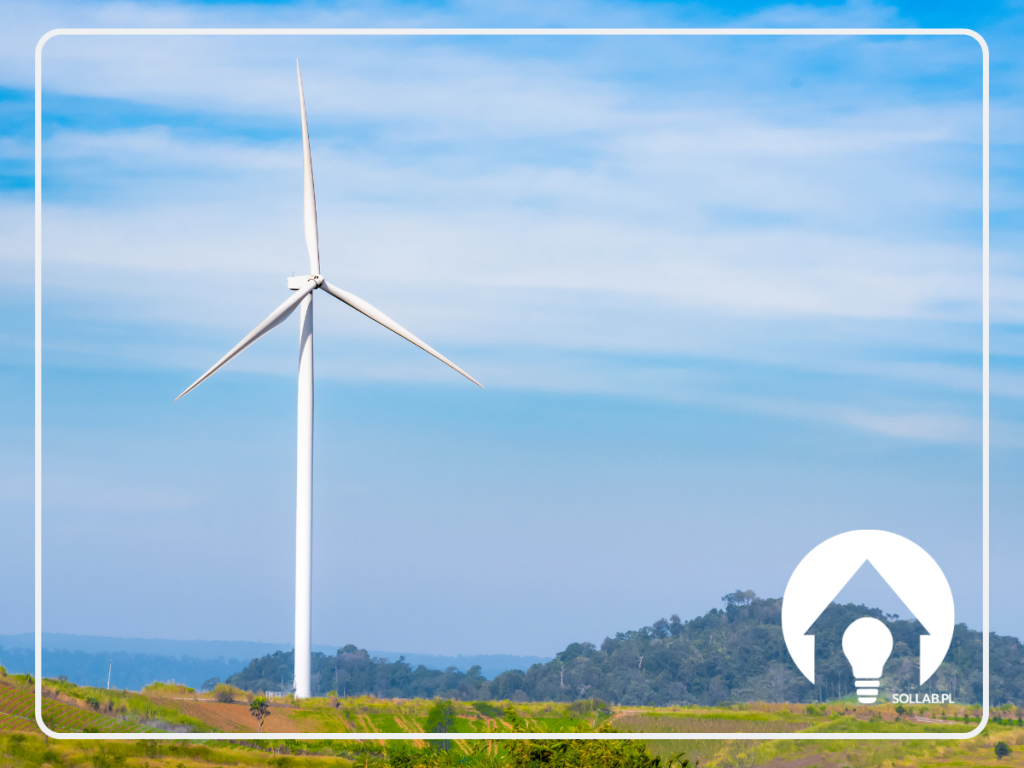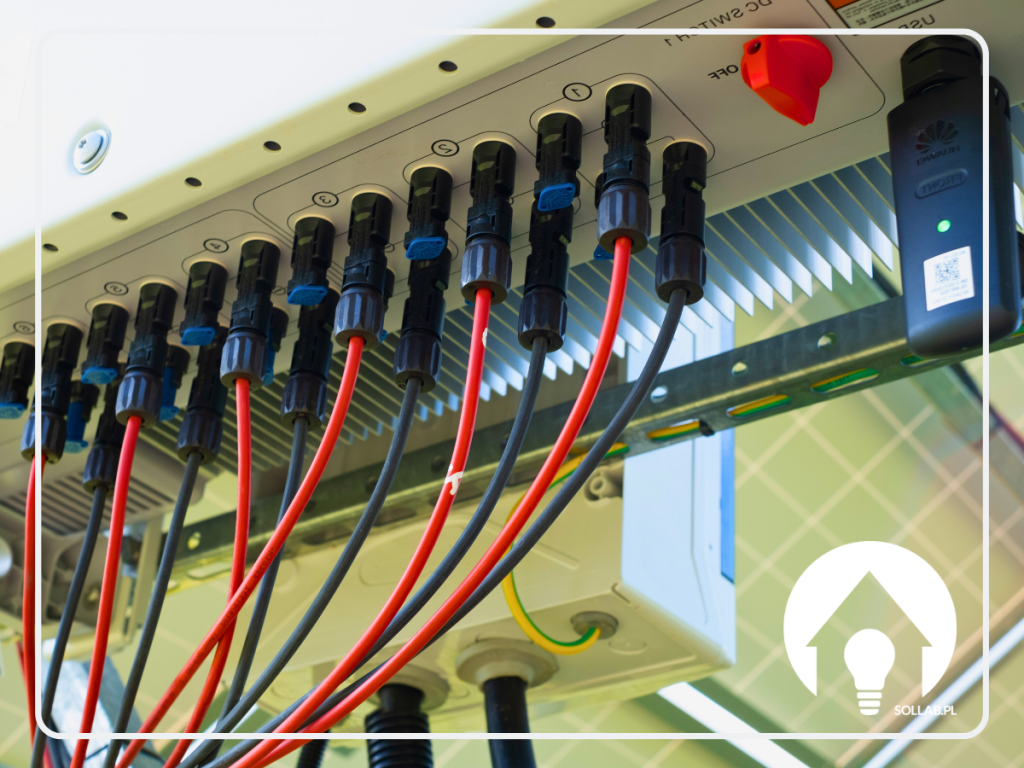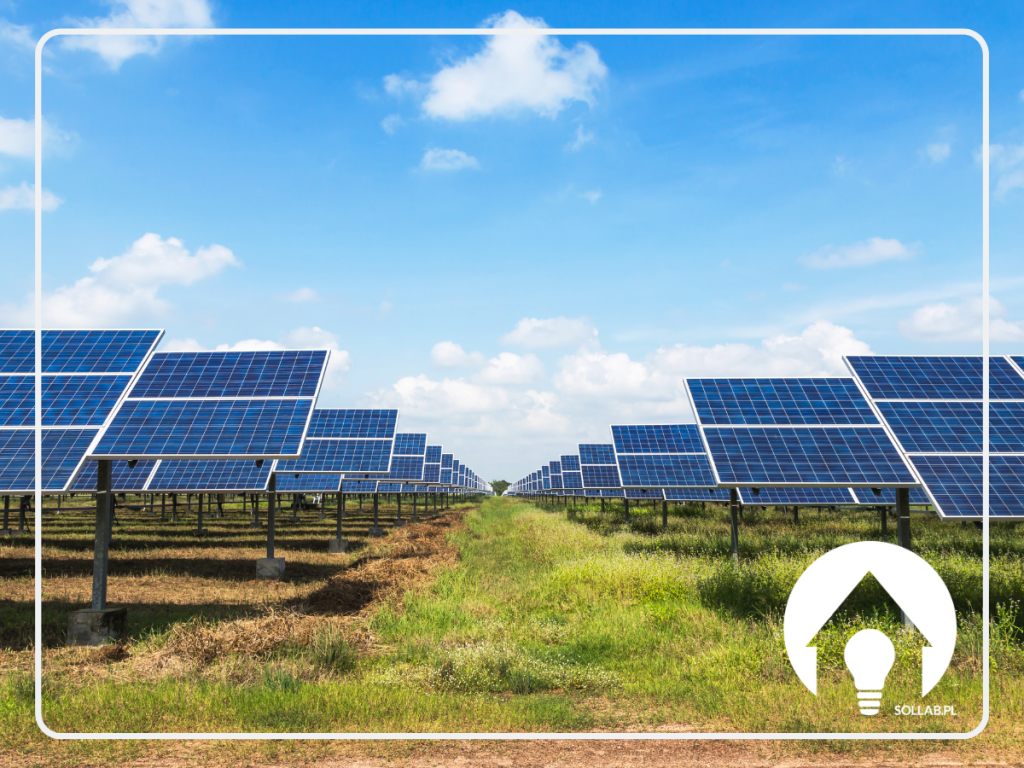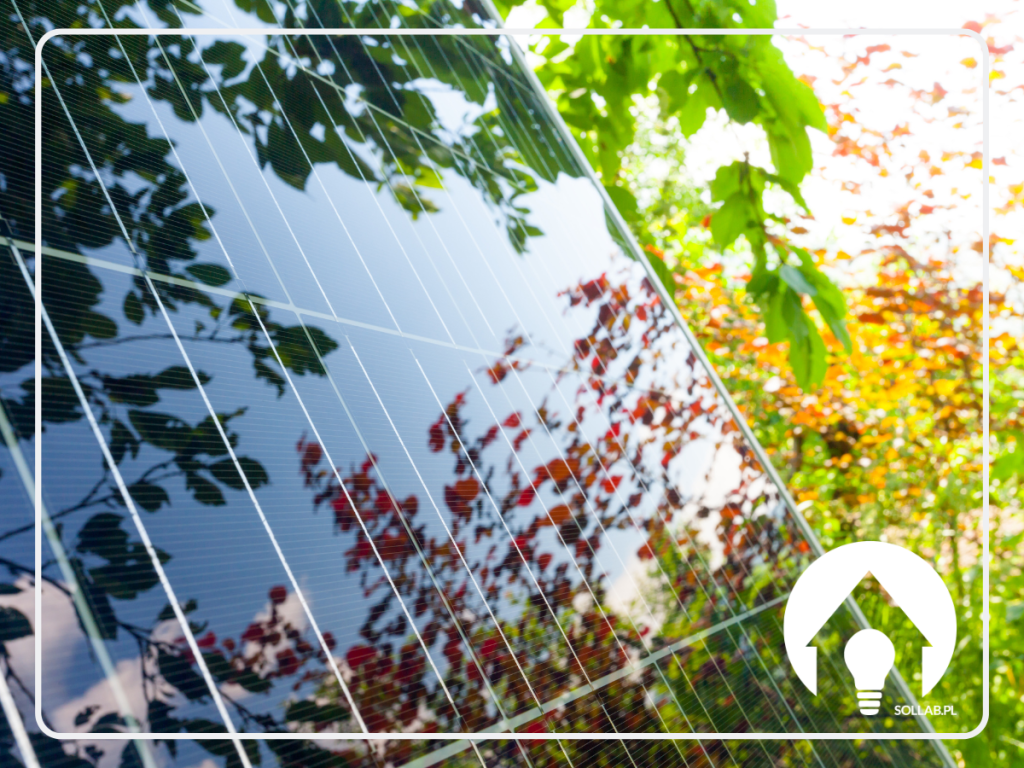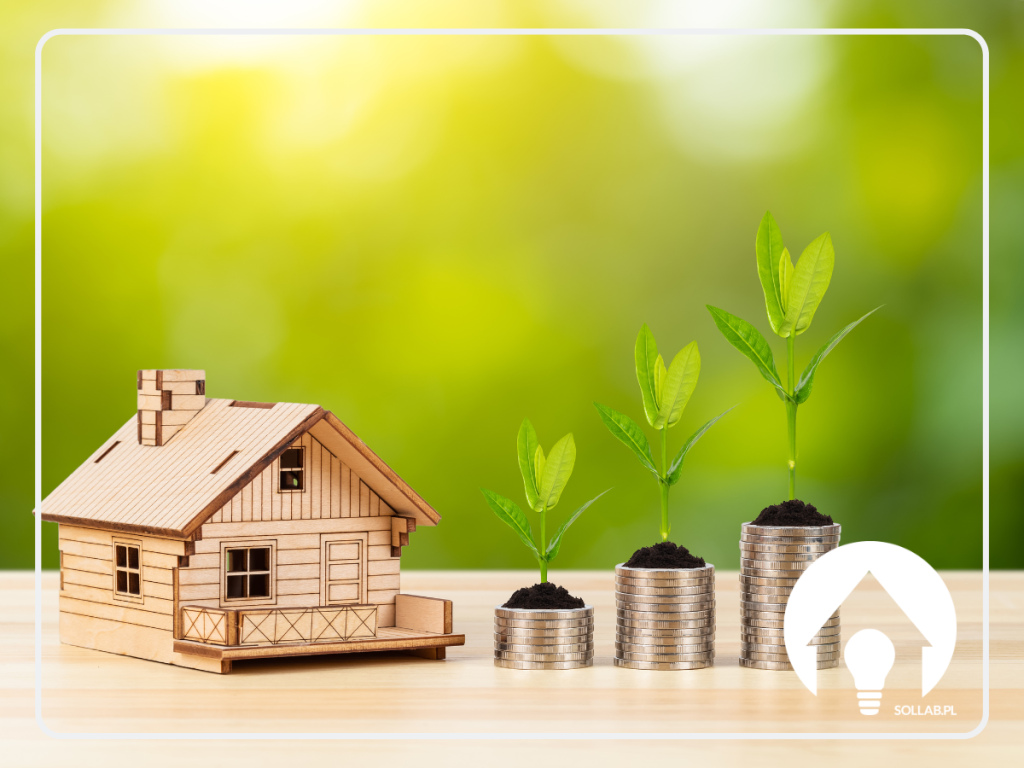For many years, it has been possible to observe an increased interest among people in the photovoltaic industry. PV installations are increasingly appearing on roofs, garages or gardens. There is nothing surprising about this, as electricity bills are constantly rising and the numerous subsidy programmes for the purchase of photovoltaic installations are the ideal solution for saving money, but not only. Own solar power plants have become something more, namely an extremely profitable investment, both for investors and individual users. However, big changes are coming for all photovoltaic owners, which as early as 2022 will change the functioning of the industry in a big way.
From 1 January 2022, photovoltaic installations will be far less profitable than before. All because of numerous changes to the law. In turn, many pro-environment circles worry that the new regulations, structured in this way, will discourage people from further investment in clean energy. So will the amended regulations reverse the so-called photovoltaic boom?
Photovoltaics in 2022 - all good things come to an end quickly
Until now, any investor who installed photovoltaic panels reached for this type of solution in order to be able to benefit from a system of rebates. Thus, having the title of prosumer entailed the possibility of transferring any surplus electricity generated by the modules to distributors. It is the system of discounts, i.e. the balancing of photovoltaic electricity, that is the main point of change.
It should be noted that the obligation to sell electricity, which follows directly from the legislation, is to apply to those who decide to install photovoltaic panels after 31 December 2021. Thus, investors who connect photovoltaics before 1 January 2022, for example, would not be affected by the changes.
However, are we sure? Well, the proposed amendment to the Broader Energy Law includes the possibility to abandon the energy billing system, which is primarily based on a discount for each person who decides to install photovoltaics by the end of 2021. All those who already have photovoltaics will continue to be billed under the old rules. However, all new users will have to find their way in the environment of the new rules, which will be much less favourable, especially with regard to the resale of surplus energy.
New rules for accounting for photovoltaic energy
The introduction of new regulations is a step towards limiting the possibilities for investment in photovoltaics. Such voices are heard from everywhere. Also from environmental circles, who express their fears that, with such regulations, people will once again move away from green energy solutions. It is worth noting that, in the context of selling surplus energy in 2022, there will probably be two main options available.
The first is the sale of electricity directly to the operator. First estimates suggest that this solution will be of little benefit to the photovoltaic user. This is mainly due to the fact that the energy purchased by the operator will be obtained at the average electricity selling price that was in force on the market in the previous quarter. However, the biggest advantage of such a solution is that the distributor is obliged to buy all the energy you want to sell to him. The fact that the rate will be, even twice as low, does not really matter anymore.
(2) The second solution is to sell energy to aggregators, which are companies that purchase electricity from prosumers. Thus, due to the very dynamic changes in energy rates, selling electricity to aggregators can be a much more advantageous solution than buying energy at a fixed price from operators.
However, what is extremely important is that the income from the sale of energy that is obtained from photovoltaic panels will not constitute income according to the Income Tax Act.
Different, new, but better changes for PV?
Over the past few years, the enormous success of solar energy has resulted in the emergence of a large number of operators who lacked the necessary qualifications of installation teams, experience and knowledge in the photovoltaic sector. Thus, their actions were often motivated by the popularity of this ecological solution and, moreover, by making a quick profit from, for example, the sale of photovoltaic panels.
The use of this type of service, offered by inexperienced companies, ending in gross errors in project design, endangered the property and health of residents, which is why change was needed, in fact necessary.
Nevertheless, it should be noted here that it is highly probable that, if a new sales model were introduced, a decrease in, for example, orders for photovoltaic solutions and a high degree of highly complex installation projects, would contribute to a reduction in the number of active and inexperienced companies. This would mean, in practice, a low number of defective PV installations being built.
On the other hand, the changes e.g. to energy billing for new prosumers under the new rules do not look at all encouraging. Furthermore, it is unacceptable to push through system changes that are disadvantageous to new prosumers and yet in such a short period of time.
Photovoltaics from 2022 - will it pay for itself?
The year 2022 will bring many changes. So, will it still be profitable to invest in photovoltaics? Well, yes, because no matter what specific changes are made, it seems very unlikely that photovoltaics, as a green energy source, will become unprofitable.
It is also worth remembering that setting up photovoltaic panels even before 2022, above all with regard to the discounts, will still allow them to be used until 2035 - under the old rules. There may not be much time left for this, but enough to catch up with the old prosumer model.

